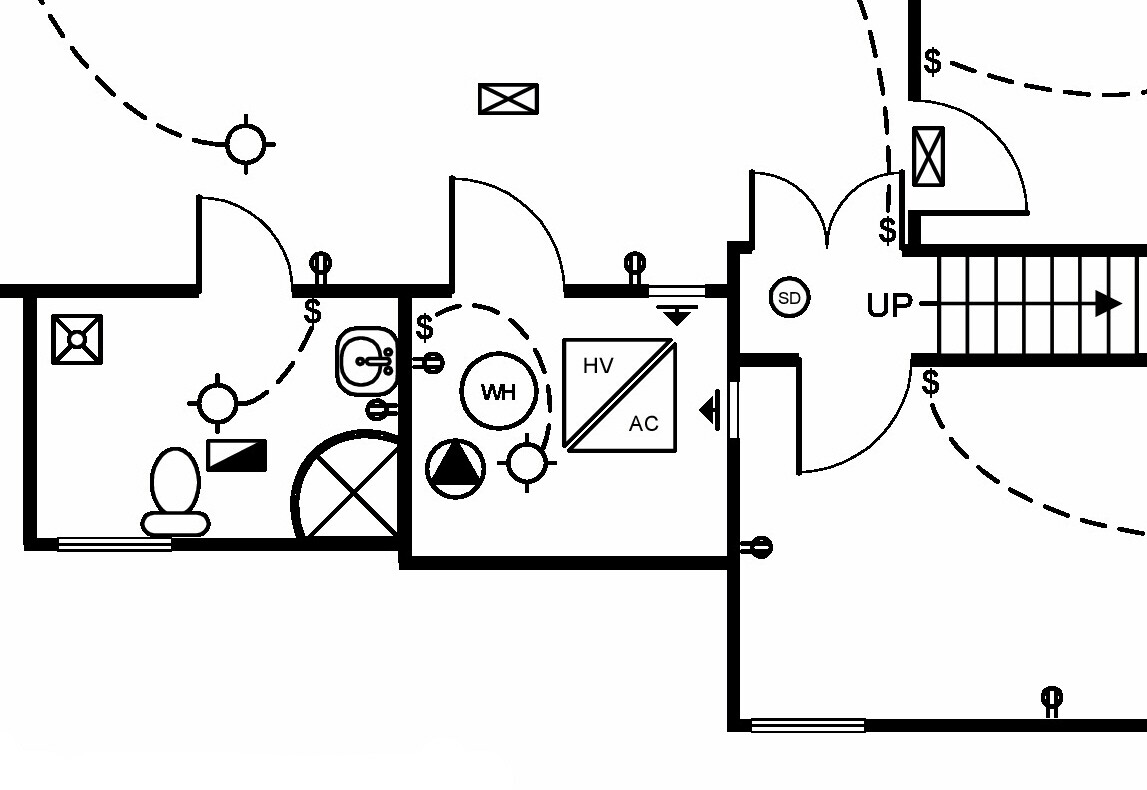The single biggest sigh-inducing issue I have when listing a home for sale is finding out that a major renovation—usually a finished basement—was done without township permits. Is it a deal killer and show stopper? No, but it generally means more effort and money to be spent by the sellers.
Cutting corners will cost you
Let’s start at the beginning. Why do owners not get legally required permits in the first place? The reasons generally fall into one or both of two categories: they did the work themselves and didn’t realize that permits were required, or they had a low-cost contractor do the job and skipped the permits to avoid paying higher taxes on the home.
These excuses may have worked in the past, but nowadays buyers are more educated, and every buyer’s attorney asks to see permits during the attorney review process. So it’s no longer possible to get away with it, and past sins catch up with owners in a big way when the home is up for sale.
It’s not about collecting money
 A quick primer on permits is in order. Why are they needed in the first place? In short, they are required by townships to protect home occupants, not to simply increase taxes. Don’t believe me? Do you know what firestops are or how to calculate makeup air or the required wire gauges for recessed lights? No? Then not having proper permits for your basement can potentially seriously injure you or your loved ones.
A quick primer on permits is in order. Why are they needed in the first place? In short, they are required by townships to protect home occupants, not to simply increase taxes. Don’t believe me? Do you know what firestops are or how to calculate makeup air or the required wire gauges for recessed lights? No? Then not having proper permits for your basement can potentially seriously injure you or your loved ones.
In New Jersey, permits are required if a renovation involves opening or constructing walls, adding electrical lines and new plumbing, running a new gas line or even changing a gas-fired appliance, and installing or moving fire detection devices. Each division of a township’s building department—construction, electrical, plumbing and fire safety—must approve a renovation that involves any of those items.
No permit? No problem.
So what do you do if you’re selling your home and there are no permits on file? First, don’t panic. My experience with many townships is that they are more interested in correcting the issues and insuring the safety of the home’s occupants. You will not face legal consequences for doing the right thing, even if it’s after the fact.
Contact your township’s construction department, and tell the staff that you want to have your finished basement inspected and permits issued. They will give you a folder with instructions on what to do and what information to provide, usually along with a schedule of fees for individual permits.
This is usually the point at which many homeowners get a huge knot in their stomach and feel a bit lightheaded: the instructions appear to be only slightly less complicated than NASA plans for a shuttle launch. But look at them carefully, and you will see that it’s just a matter of providing basic information and a plan or diagram of the completed work.
Townships generally allow owners to either contract out the permit application process to a contractor or do the work themselves. I have helped several homeowners navigate the paperwork and application, coordination with various township officials, and repairs and inspections. In the end, the whole process is less painful and costly than people initially fear.
Protect the next owners—and yourself
If you are considering a home renovation project, don’t cut corners, risk an unsafe situation and create problems for yourself down the road. Get the proper permits. And if you’re thinking of selling your home and know that permits will be an issue, start the permit application process now and give yourself plenty of time. The piper will need to be paid—in more ways than one—and he works on a government schedule.
Got your permits and built the basement of your dreams? Read how a perfect paint job will make it the crown jewel of your home.



